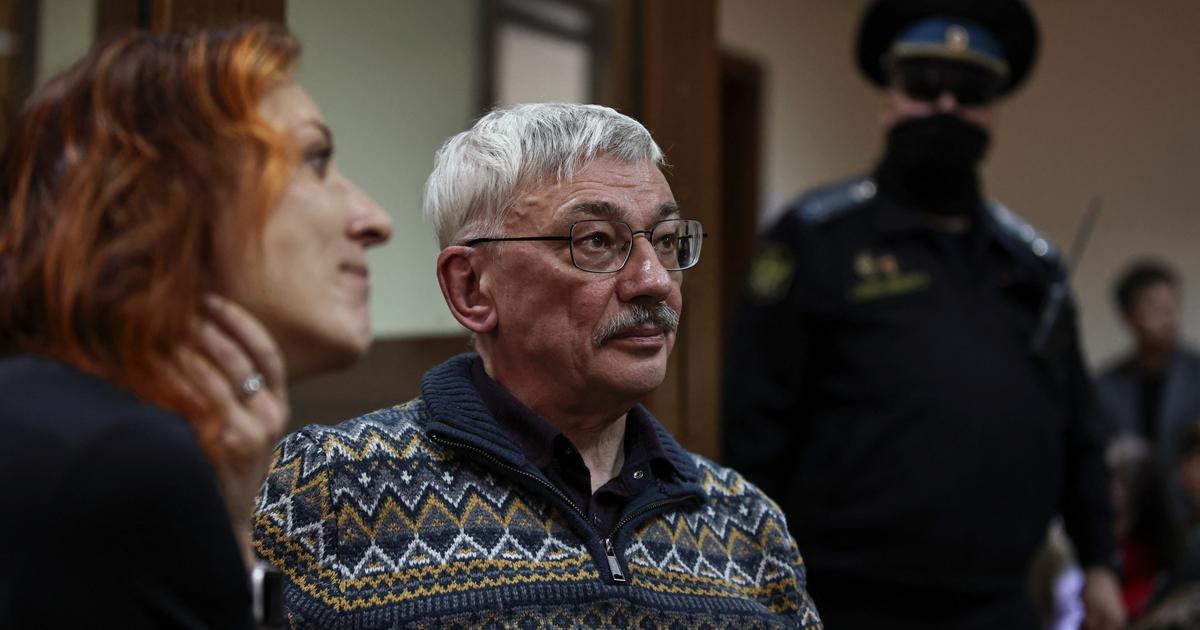Saturn devouring his son (1819), by the Spanish painter Francisco de Goya.
The phrase was pronounced by Tomás Rufete, Isadora's father, La disinherited, already lost the oremus, at the beginning of the novel when he was admitted to the Leganés asylum: “And the country, that blessed monster with the head of barbarism and the tail of ingratitude, does not appreciate our self-denial, pays our sacrifices with insults and rejoices with the humiliated!
But I'll fix you, monkey country.
What is your name?
Your name is envypolis… ”.
The work appeared in 1881. It was fiction nailed to reality.
Because Benito Pérez Galdós could have said the same thing - and without a doubt thought - in 1912 when his candidacy for the Nobel Prize was in defeat.
In charge of whom?
From the very Cainite country that saw him born.
Without a doubt, that chapter is one of the most shameful in our common, stubborn, destructive cultural history.
At the beginning of that year, José Estrañi, director of El Cantábrico, a Santander newspaper, began to promote a candidacy that was soon welcomed by figures such as Benavente, Ramón y Cajal, Echegaray and Romanones.
They got around 500 signatures and it was presented at the Swedish Chancellery in Madrid.
The reaction, as happened when his proposal as a candidate for the Royal Academy was announced, did not wait.
It fired awkwardly and with a marked degree of wickedness.
But with the target fixed on preventing the award and an international recognition of that caliber already then for the writer who throughout recent history has most deserved it among the Spanish.
An ultra-conservative initiative proposed Marcelino Menéndez Pelayo against it.
This is the twisted evil: knowing that they were close friends and also with the intention of undermining their relationship.
Galdós was not wanted at the Royal Academy
Galdós and music
The academy, which already had both in its ranks, supported both.
Several newspapers launched furious, aggressive, bloody attacks on the canary, the author, according to La Época, "of revolutionary novels that had stained the ground with blood."
There was no social media, but the cavern was well connected to the technology that prevailed in the early 20th century.
The hundreds of letters and telegrams against it received at the Stockholm headquarters, according to Erik Karlfeldt, a poet and later appointed permanent secretary of the institution in charge of the award, led them to reject it.
It fell into the hands of the German Gerhart Hauptmann: 140,000 Swedish crowns that would have alleviated his last years of continuous economic difficulties.
When Miguel de Unamuno knew very well and first-hand from the Nordic authorities the operation deployed against him, he described it as shameful.
Benavente censured, as Francisco Cánovas collects in his biography, "the unfortunate spectacle of our divisions and intolerances."
Goya and his Saturn once again devouring their children.
Galdós followed this through the sad nebula of his pressing blindness and without the hideous skirmish affecting his friendship with Menéndez Pelayo in the least.
Both seemed to sign a pact of silence between gentlemen.
They made it clear that hysteria was not with them.
They were left without a prize, but their friendship won whole.
The opposite poles in ideology but not so much in literary aesthetics, civilly astonished at the degree of misery to which their compatriots could reach.
A year later, in 1913, the Ateneo de Madrid returned to the charge.
Members of his generation but also younger figures such as Juan Ramón Jiménez, Pedro Salinas, Jorge Guillén and José Moreno Villa supported him without fissures.
To no avail, again: it went to Rabindranath Tagore, the first awardee not from a European country.
The Swedish academy, scared and disconcerted by the degree of virulence that the Spanish could reach in their destructive divisions, definitively closed the door to the Nobel Prize for Galdós.
Spain, in its essence and its most cruel and irreconcilable version, had taken it from him.


/cloudfront-eu-central-1.images.arcpublishing.com/prisa/BY22V52JGRHFNFQGPXLPPDLKUI.jpg)


/cloudfront-eu-central-1.images.arcpublishing.com/prisa/WWFMH3RJQFHGDLP4L4JLWOGC6Y.jpg)



